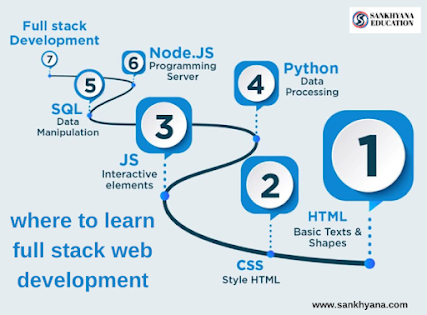SAS Data Analytics' Impact on the Automotive Industry
SAS Data Analytics' Impact on the Automotive Industry
In the fast-paced and highly competitive automotive industry, data analytics has emerged as a game-changer, driving innovation, efficiency, and customer-centric strategies.
Introduction
In the fast-paced and highly competitive automotive industry, data analytics has emerged as a game-changer, driving innovation, efficiency, and customer-centric strategies. SAS (Statistical Analysis System), a leading software suite for data analytics, has played a pivotal role in transforming the automotive sector. This article explores how SAS data analytics has revolutionized various aspects of the automotive industry, from manufacturing and supply chain management to customer experience and safety.
1. Predictive Maintenance and Manufacturing Optimization
One of the significant impacts of SAS data analytics in the automotive industry is predictive maintenance. By analyzing sensor data from vehicles and production equipment, automakers can detect potential failures before they occur, reducing downtime and minimizing maintenance costs. Predictive analytics also optimizes manufacturing processes by identifying inefficiencies and suggesting improvements, leading to higher productivity and lower defect rates.
2. Supply Chain Optimization
The automotive supply chain is complex, with numerous interconnected components. SAS data analytics enables real-time monitoring and analysis of supply chain data, improving visibility and responsiveness. Manufacturers can identify bottlenecks, optimize inventory levels, and enhance logistics planning, leading to streamlined operations and reduced costs throughout the supply chain.
3. Quality Control and Defect Detection
Ensuring product quality is of utmost importance in the automotive industry. SAS data analytics helps automakers analyze vast amounts of data from various sources, including production lines and customer feedback, to detect defects and quality issues. By quickly identifying potential problems, manufacturers can take corrective actions promptly, thereby improving product quality and customer satisfaction.
4. Personalized Marketing and Customer Experience
SAS data analytics empowers automotive companies to better understand their customers' preferences, behaviors, and needs. By analyzing customer data, such as purchase history and online interactions, automakers can create targeted marketing campaigns and personalized experiences. This leads to more effective marketing efforts, increased customer engagement, and improved brand loyalty.
5. Connected Vehicle Analytics
With the rise of connected vehicles and IoT (Internet of Things) technology, data analytics has become critical for harnessing the potential of the automotive ecosystem. SAS data analytics can analyze data from connected vehicles, such as driving patterns, diagnostics, and location-based information, to optimize vehicle performance and enhance safety. Furthermore, this data can be used to develop new services, like usage-based insurance and remote diagnostics.
6. Autonomous Driving and Artificial Intelligence
The development of autonomous vehicles heavily relies on data analytics and AI (Artificial Intelligence). SAS data analytics can process vast amounts of sensor data and machine learning algorithms to enable self-driving cars to make real-time decisions and navigate safely on roads. The accuracy and efficiency of SAS analytics contribute to the advancement of autonomous driving technology.
7. Road Safety and Traffic Management
SAS data analytics also plays a crucial role in improving road safety and traffic management. By analyzing historical traffic data, weather conditions, and accident statistics, authorities can identify high-risk areas and implement targeted safety measures. Additionally, real-time traffic analysis allows for dynamic traffic management, reducing congestion and improving overall road safety.
Conclusion
The automotive industry is undergoing a transformation, driven by the power of data analytics. SAS data analytics has emerged as a driving force behind this change, impacting various aspects of the automotive sector, from manufacturing and supply chain management to customer experience and safety. Through predictive maintenance, supply chain optimization, personalized marketing, connected vehicle analytics, and advancements in autonomous driving, SAS data analytics empowers automotive companies to stay competitive, innovative, and customer-centric. As the industry continues to evolve, the integration of SAS data analytics will remain a key differentiator, shaping the future of mobility and automotive excellence.
.png)

.png)
.png)
Comments
Post a Comment